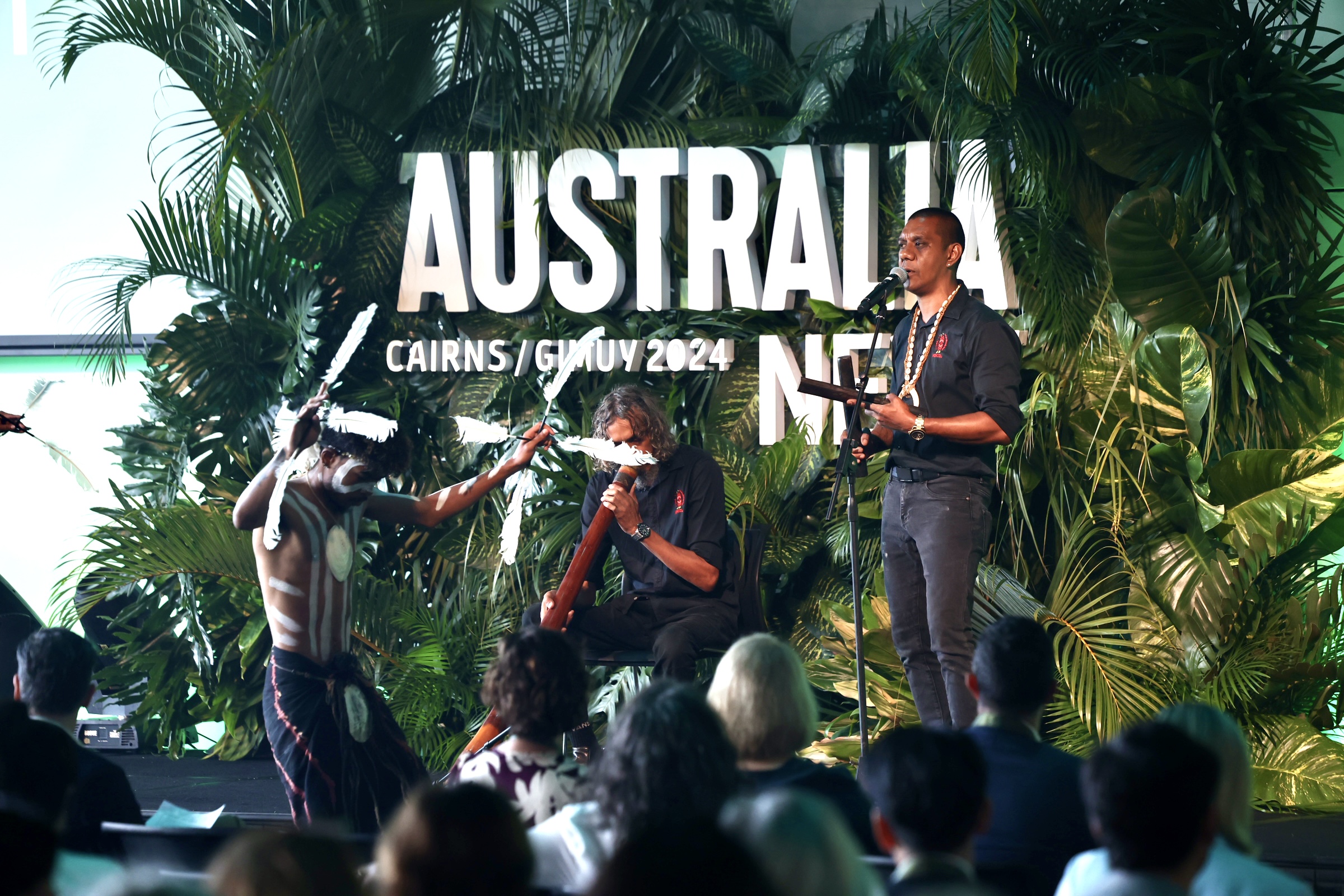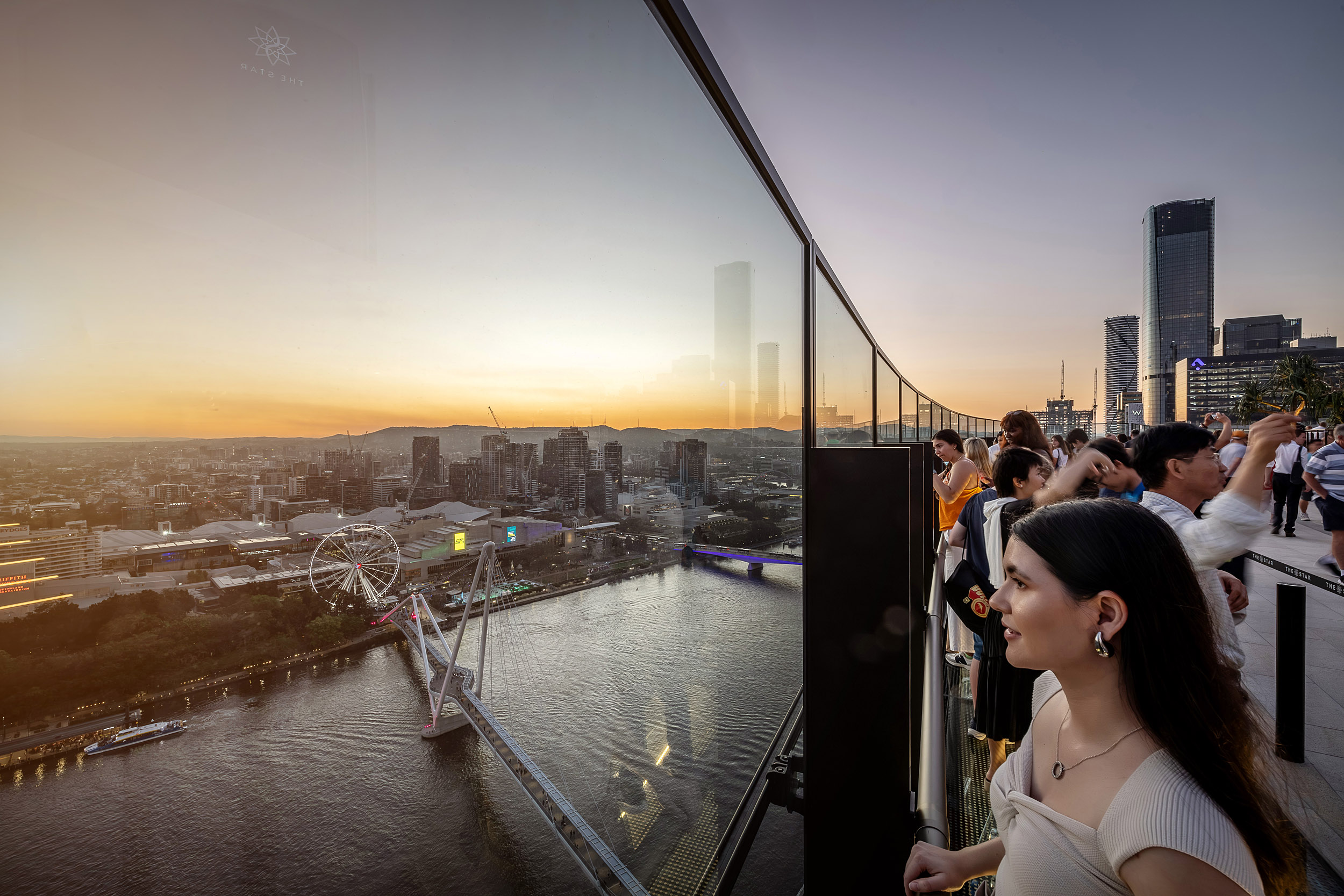When the great Scottish poet Robert Burns wrote: “The best-laid schemes o’mice an‘men gang aft agley”, he tapped into a universal human insight. No matter how carefully we try to plan things, always expect the unexpected.
Those are words that should perhaps be framed and hung in the office of every event planner and organiser. But, far from abandoning any attempt to plan, the secret is to foresee the potential problems and mishaps that might occur along the way and prepare for them. Building flexibility and alternatives into your decision-making process is the key many experts would say.
Simon Glass, a marketing and event planning consultant for 15 years, and a lecturer on the topic at universities in Singapore and Australia, says: “I always tell teams and those people who are planning events that they can learn a lot from texts and research on scenario planning. The ‘what happens if’ kind of stuff is incredibly pertinent to the decision-making and modelling of an event or conference. Questions like, ‘How does this really great thing [weather, surprise guest or lecturer, speeches kept to their time limits] affect our event, or the venue, or the food temperature even? Or, on the other side, how do those same factors [weather, a no-show speaker, flight delays] affect what we want to do?”
Taking a macro-picture approach to scenario planning is not jettisoned to the world of financial planning and corporate modelling. In fact, it has a very real and germaine place in event organisation. In many cases, even a ‘worst case scenario’ is not the end of an event. Tents can be set up to protect delegates from the rain, speakers can still participate live via satellite, and the show will still go on. “But,” says Glass, “it is a skill to be able to look at a venue, an event, the people who are involved, and being able to see the flaws, or the potential for problems. I think event planners would do well to incorporate more of a focus on this type of thinking, even if it seems negative, it is needed in this industry.”
The Bigger Picture
Since corporate events are organised with distinct purposes in mind, it is important in the decision-making process not to lose sight of the big picture. What is the goal of the event? What issues is the CEO speaking about? If this is an incentive trip, why or how have the participants been chosen? Says Jennifer Luke, a researcher for an independent organisational psychology company based out of Los Angeles: “In order for people – and this is both leaders and those involved in a workplace environment, or an event – to feel comfortable and relaxed about their day, what they’re participating in, and how the various components fit together, there has to be a theme.
“We tell employers that their internal corporate communications need to reflect their fundamentals, their ethics, whatever it is they stand for, in every piece of literature. In event planning, that would mean making decisions based on a single theme, or set of precepts, that drives all the activities.
“You don’t want to push it down peoples’ throats, but every seminar, every speaker, every activity should have an aspect of sameness’ where the fundamentals of the event are concerned.”
Luke recommends that before major decisions are made, that organisers write down their goals for the event, and how these individual decisions circle back to the theme or desired outcome of the function. “That way,” she says, “you know there’s a sense of coherence and you aren’t going to look back after it’s all planned out and think, ‘wait, how did I figure that would fit into this?’”
On the flip side, if your conference or seminar focuses on very serious topics that translate into participants who are sitting in a room hearing lectures most of the day, it is just as important to incorporate a departure from the theme. Thomas Ng, assistant professor at the School of Business and Economics for The University of Hongkong, says that for breaks and team-building opportunities between more serious discussions, “I would suggest the use of fun games that are challenging and those types of activities that involve team rewards”.
Just as in the workplace, it is crucial to remember the actual time spent engaged in training and seminars can be maximised by allowing people to diverge from the task at hand. Explains Dr Ng: “Remember when you were a child and you got time on the playground? We are no different in the workplace. If you reward people for being attentive and simply being there and learning every day, they will respond positively. In research, these factors have been found to be important for team performance and team morale, and they should be considered in the organisation aspect as well.”
Dr. Ng’s studies, many of which revolve around the role of the workplace environment as directly correlated to an employee’s sense of worth, show that the idea of social capital, perceived potential for success, and notion of fairness in the workplace are negatively perceived. For conference and seminar organisers, he says that decision-making with regard to conferences and events can do a lot to enhance employees’ feelings about their job, their worth as an employee and their disposition in the office.
For instance, “jumping ship is usually seen as the only way to get to a higher level in any company”, explains Dr Ng. But reinforcement of job successes – from a big-picture perspective as with a CEO speech, or from an individualised view whereby employees are singularly rewarded – is an important component that must be integrated into corporate events.
Dr Glass points out: “While usually there’s a more ad hoc connection between business and decision-making theory and event planning, this is one of those factors that event coordinators have to start looking at more seriously. A lot of times, events are planned by people who don’t actually work at the company, and rarely are their point people at the company who are objective about employee needs, so you end up with this miscommunication of what you should be doing. I tell my students in business and event planners that I talk to: ‘Assume there’s someone who is about to quit. Assume there is a problem. Make your decisions based on the idea that there’s something to be fixed’.”
Business environment
At the outset, event planning may not seem to be directly impacted by the stock market, economic conditions and taxes, but Glass argues that maybe it should be. Certainly, budgets are the first constraint, followed by corporate goals, venue capacity and configuration, and participant enthusiasm. But economic drivers are also important. “Just like a company looking at what the market is doing to decide how to build their business, event planners should look at the economic times. Right now there’s massive growth in China that is bringing more business here, more interest in Hongkong and events as well. The boom that is happening should be reflected in geographic choice of location, venue location for the actual event, and in many ways the smaller details that all the participants will see.”
Luke points out: “Some of the companies we work with are dealing with new sociological and demographic issues that haven’t really been seen before, and are central to successful event planning. One is how different generations handle feedback, their working styles, and how important technological aspects of messaging are. Especially with Generation Y coming into the workplace, and for the first time in an environment where age doesn’t determine rank, addressing these issues and finding a common ground for individuals of all ranks to meet and understand the needs of each generation can be tough.
“It’s not something that has been fleshed out enough for there to be a ‘best way’ to deal with it, however, it’s certainly something event coordinators should allow to influence their decisions and the process of planning.”
Motivation in the Workplace
While different generations need dissimilar methods by which to feel appreciated, thrive in their jobs, and get the most out of an event or conference, Dr Glass notes another difference that affects decision-making by event planners: motivation.
“Events are usually managed one by one, and tend to be more commercial in design, but the organisation of these needs to be based on the motivations of the people that are attending the event. If you have an advertising agency, or people from a more creative field, they aren’t usually driven solely by money, there’s something else there. If you have a bank though, you’re more likely to have people who are financially motivated. That influences the decisions you make surrounding an event. It’s all very discipline-dependent.”
Where businesses and human resource departments consistently make decisions based on personality, fit, skill set and potential to add value to the organisation, event planners have to keep in mind the audience they are catering to, and ensure the personality drivers are considered.
“It’s all about knowing your audience,” says Luke. “In business you make marketing and strategy decisions based on consumers or clients, and in events, you have to look at the drivers of your business. Why are they having the event? What would appeal to them? How do your decisions affect that outcome? How do you make that happen?”
Large companies or groups like Cirque du Soleil have a very corporate structure to their event planning,” says Dr Glass.
“When they look to execute, they are looking at the marketplace, the people, their interests, which music they have to pick. So when people show up, every detail reflects that research, that dedication to putting on what is a show, yes, but it is also very carefully orchestrated backstage from every angle.”


